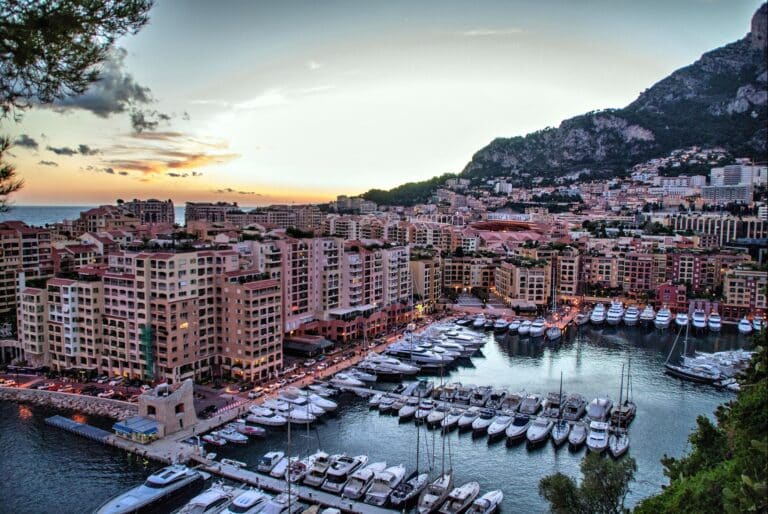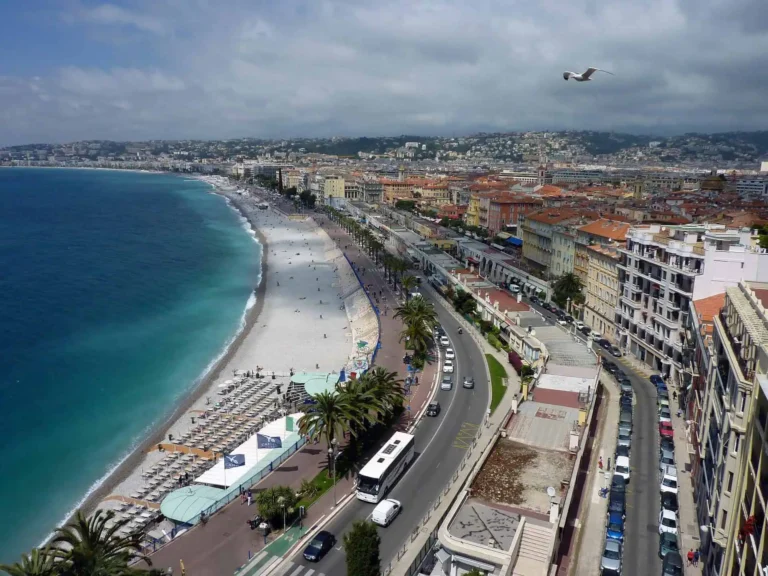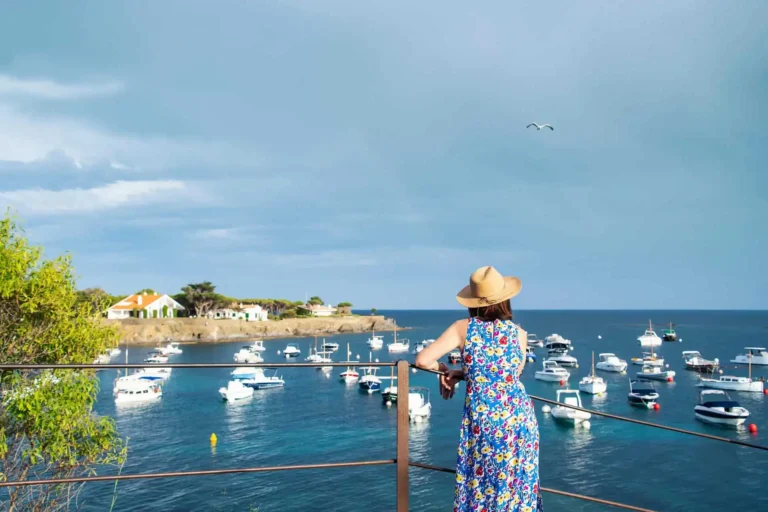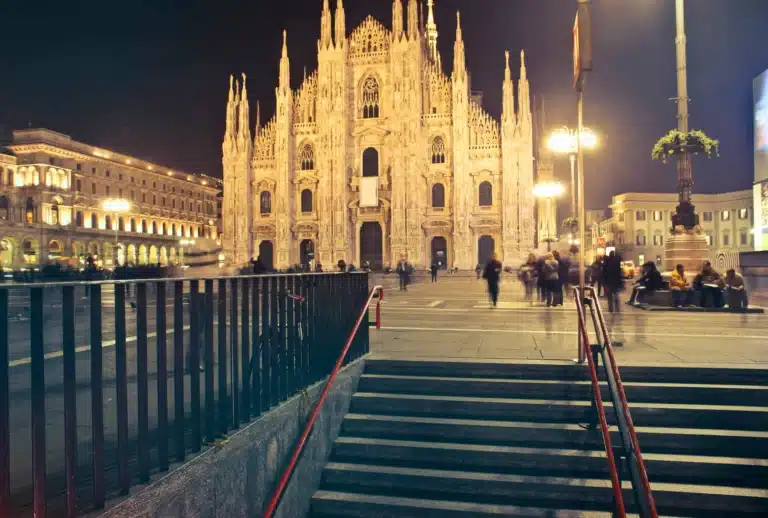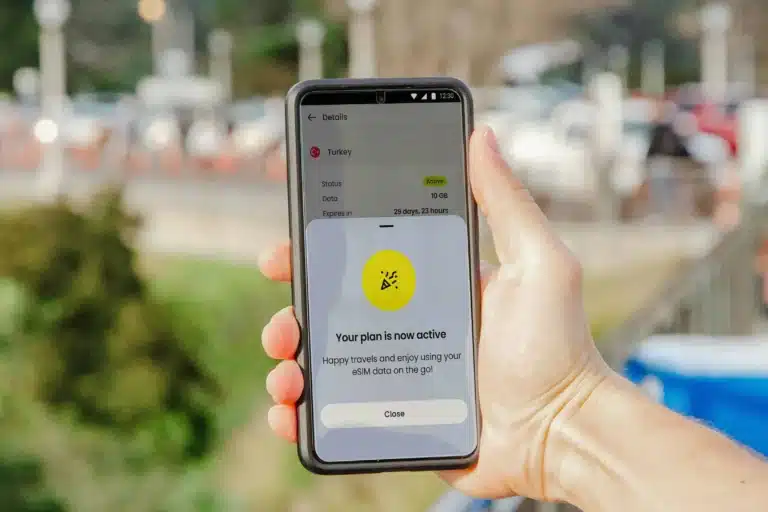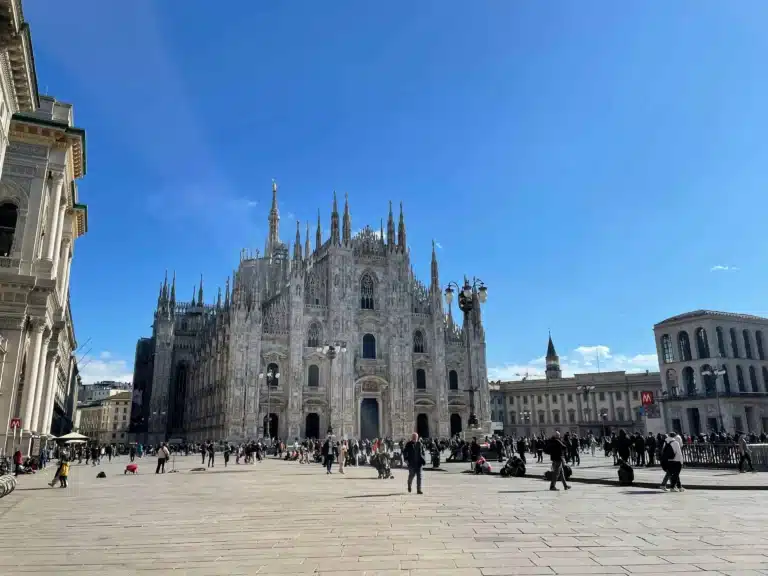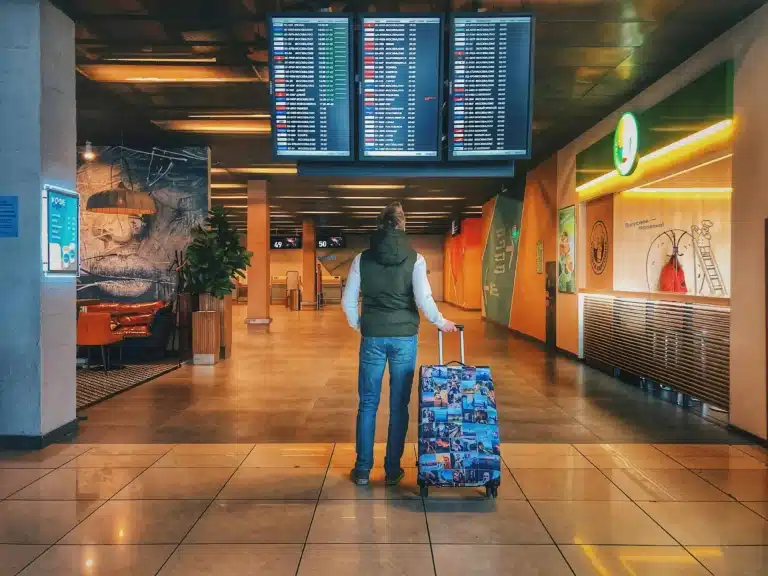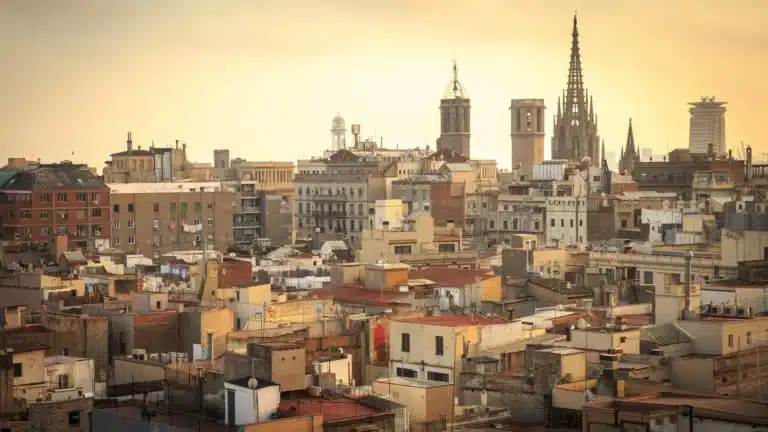Known for its bustling cities, colorful festivals, and remarkable landscapes, Brazil offers countless experiences for tourists to take in. It’s the largest country in both South America and Latin America, and Brasília is the capital – São Paulo is the most populous city.
The country’s states are grouped into 5 large geographical and statistical units called the Major Regions: Norte, Nordeste, Centro-Oeste, Sudeste, and Sul. Brazil is the largest country to have Portuguese as an official language, and the only one in the Americas.
If you are planning a trip, this guide to healthcare in Brazil will tell you everything you need to know to stay safe and informed during your stay.
Contents
- Healthcare Basics
- Cost of Healthcare in Brazil
- Seeing a Specialist
- Drugstores and Pharmacies
- Hospitals and Clinics in Brazil
- Emergency and After-Hours Healthcare
- Tips for Tourists
Healthcare In Brazil – The Basics
Healthcare is seen as a constitutional right in Brazil, and its system is made up of both private and public sectors. Government-funded public healthcare is free and universal for everyone in the country – including foreign tourists. And tourists in Brazil with health problems can seek care in the emergency care network. Some options include, the Mobile Emergency Care Service (SAMU), and the Accident and Emergency Units (UPA), and emergency hospitals.
Public Healthcare
The decentralized, universal healthcare system in Brazil is called SUS (Sistema Único de Saúde) or Unified Health System, and it serves the population completely free of charge. Approximately 75% of Brazilians mainly rely on SUS. It is funded with tax revenues and contributions from federal, state, and municipal governments. The administration of which and delivery of care are handled by the different municipalities or states.
Patients who make use of the SUS do not need to pay for a percentage of their medical appointments or hospital visits but must remember to bring their identification card and SUS card with them to all appointments.
State workers have a different insurance plan (separate from SUS and private care) which includes medical and dental care.
Private Healthcare
Private health insurance is completely voluntary and supplementary to SUS – it is regulated by the National Agency of Supplementary Health. Around 25% of Brazilians have private medical or hospital insurance, with nearly 70% of these receiving it as an employment benefit. Private health insurance is not easy on the pocket, and private plans in Brazil are among the costliest in Latin America. Insurance can cost 20-30% more in Brazil than similar coverage in neighboring countries.
Bottlenecking and poor health services means more middle to high income households are seeking private care. The quality of private healthcare in Rio de Janeiro and São Paulo is high, but outside of major hubs the quality very much depends on the region, and services may not meet international standards, with rural regions experiencing a shortage of trained healthcare professionals.
Private plans provide healthcare through their own facilities or through accredited organizations. Or private insurance can enrollees for rendered healthcare services. UNIMED and AMIL are among the country’s two biggest private insurance companies – and they often have their own facilities in big cities.
Cost of Health Care In Brazil
Since the SUS is free the costs would be dependent on the health insurance provider patients decide to go with. However, in private practices, since doctor’s can name their price, it’s not impossible to get the same appointment with seperate doctors at very different rates.
It depends entirely on where the doctor is located and the reputation and prestige that both the doctor and location carry. An appointment with any kind of medical practitioner can cost anywhere from BRL 100 to BRL 600, and sometimes even more than that.
Doctors And Specialists In Brazil
Brazil’s health model promotes the use of family health teams. Typically comprised of one doctor, one nurse, one nurse assistant, and up to 12 community health workers. Oral health teams are usually comprised of one dentist and one to two dental assistants who may also be assigned to patients.
Brazil is facing a shortage of general practitioners since most of them work in private practices. Although larger cities have a vast variety of specialists, this also means expensive hospital bills. Whereas it’s more cost effective in smaller towns, but there aren’t as many specialists available.
A médico particular is a private doctor whose costs aren’t included in health plans or covered by SUS. Typically they offer their services outside of the SUS system and this allows them to just name their price, resulting in exorbitant rates for each appointment. Patients might also seek private healthcare for medical exams, since there are many that aren’t always covered by health plans.
Seeing A Specialist
A GP does not need to refer a patient to a specialist, and people can visit a specialist health provider directly.
States or municipalities oversee the provision of specialtists, including service delivery and provider payments. Outpatient specialty care is typically aligned with hospital care, with facilities ranging in scope and organization, from stand-alone ambulatory care to polyclinics with several ambulatory specialties.
Public entities such as municipal, state, federal, or private facilities like nonprofit or for-profit deliver outpatient services. Specialists working in the public sector have the freedom to undertake private work and see private patients.
Drugstores And Pharmacies
Pharmacies in Brazil are easily accessible and well stocked with all required medication at low prices. Pharmacists in Brazil also give free medical advice and are a good first line of defense if you fall ill.
Public community pharmacies can be found in remote regions and within multi-professional health centers. In remote locations, public community pharmacies will most likely have a pharmacist for 8 hours on working days. Whereas, at healthcare centers they are often under the supervision of a health professional who isn’t a pharmacist and often have no pharmacist in charge.
Private community pharmacies can sell any medication, while public pharmacies dispense only medication funded by the Brazilian National Health System – free of charge.
Many medications which require prescriptions in other countries are available over the counter in Brazil. Medicine that does require a prescription can be identified by a red stripe on the packaging. Many drugs are sold under different trade names in Brazil, and naturally generic ones are cheaper.
Hospitals In Brazil
When it comes to public hospitals in Brazil, there are federal hospitals owned by states called estadual, and ones owned by municipalities called munipal. When it comes to private hospitals, there are non-profit hospitals and for-profit hospitals. Federal and state public hospitals are typically larger in size and naturally have higher occupancy rates, whilst providing higher-complexity procedures.
Government-funded hospitals and clinics offer high-quality medical services but are often crowded because they are free. As a result, waiting times may be longer than they are in private hospitals. Whereas private hospitals and clinics typically have better facilities and many of those who can afford to will opt to get treatment from these institutions.
Most major city centers in Brazil will have at least one private hospital, and there are generally more in popular tourist destinations. English-speaking GPs are not readily available and it’s rare to find English-speaking support staff like administrators and receptionists – even in major cities like Rio de Janeiro and São Paulo. This is where the Air Doctor app really comes in handy.
Best Hospitals In Brazil:
- Brazil Hospital Sirio E. Libanes – Rua Dona Adma Jafet, 91 Bela Vista, São Paulo, 01308-050, Brazil +1212 434 2000
- Hospital Sao Jose – Rua Maestro Cardim, 769 – Bela Vista, São Paulo, 01323-900, Brazil +66 053 999 758
- Hospital Samaritano – Botafogo, Rio de Janeiro, Brazil +44 (0) 20 7486 4411
- Hospital Copa d’Or – Magalhães de Figueiredo Street, 875 Copacabana, RJ +55 11 3505 1000
- Hospital Albert Einstein – Avenida Albert Einstein, 627/701, Morumbi, SP 05651-901, Brazil +55 21 2537 9722
List of International Hospitals:
- Clinica Galdino Campos in Rio de Janeiro and U.Clinic – Ibirapuera in São Paulo are famous for outpatient care services. New Clínic Brasília in Brasilia is also a great choice for expats and travelers alike.
- It is convenient to visit a dentist in Brazil. Popular dentists in Brazil include Dental Clinic – Unit Grajaú in São Paulo, Multi Oral in Rio de Janeiro and Oral Clinic Odontologia Estética in Brasilia.
- Here is a list of English-Speaking Doctors in Brazil as maintained by the U.S. Embassy in Brazil. Those on the list are “included after a review of their educational certification and local licensure.
Emergency And After-Hours Healthcare
Brazil offers a free nationwide ambulance service for medical emergencies – just dial: 192.
Federal Police: 194
Military Police: 190
Fire Service: 193
Large private hospitals may also provide their own ambulance services, which can be contacted directly.
Tips For Tourists In Brazil
The International Certificate of Vaccination or Prophylaxis is not required for foreigners upon entering Brazil. However, the Brazilian Ministry of Health highly recommends tourists get the yellow fever vaccine at least 10 days before traveling. The recommendation is to have the vaccine, especially if you are visiting the North and Central West regions of the country for ecotourism. You can check out the list of Brazilian municipalities with recommendations on vaccination against yellow fever here.
Although tap water is typically safe to drink in Brazil, it is not recommended it. You shouldn’t drink tap water unless boiled or sterilized first. In Rio de Janeiro, for instance the water company treats the water. In Brazil, most residents have filters in their homes to make the water safer to drink.
Brazilians are friendly, free-spirited, with an incredible zest for life. Your personality and ability to build a strong personal and business relationship will stand you in good stead in Brazil. Brazilians are extremely casual about time and it is not unusual for them to be around ten to fifteen minutes late.
Some Useful Phrases:
- médico/ A médica = doctor, physician
- enfermeiro/A enfermeira = nurse
- hospital = hospital
- A farmácia = pharmacy
- remédio = medicine
- comprimido = pill
- A cápsula = capsule
- xarope = syrup
- A tosse = cough
- Tossir = to cough
- espirro = sneeze
- Espirrar = to sneeze
- A consulta médica = medical appointment
- A receita médica = medical prescription
- A vitamina = vitamine
- seguro de saúde = health insurance
If you are a tourist in Brazil and would like to speak to a medical professional connected to an international network of doctors, you can make an appointment on the Air Doctor app right now and have an in-person or virtual consultation within minutes.

